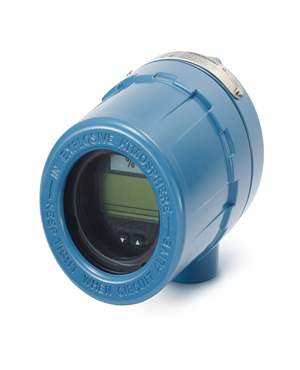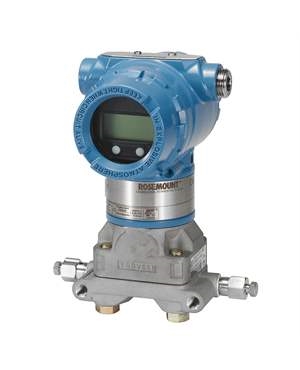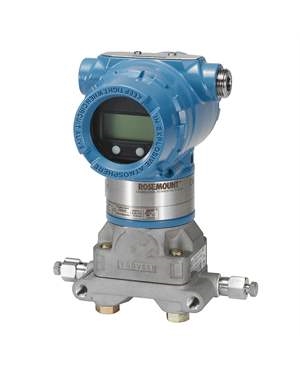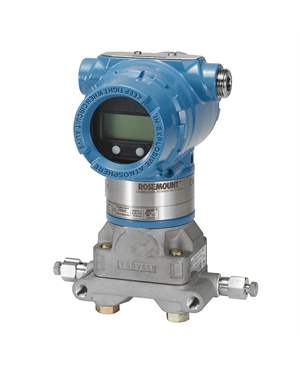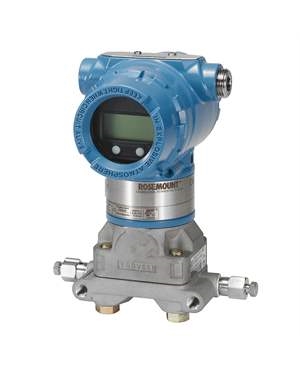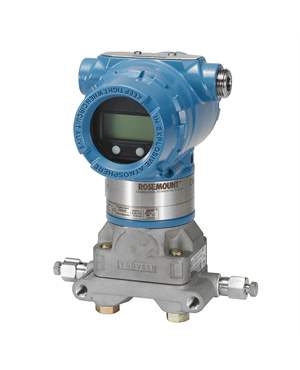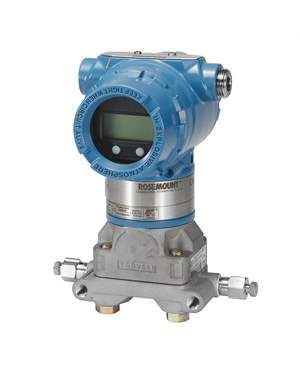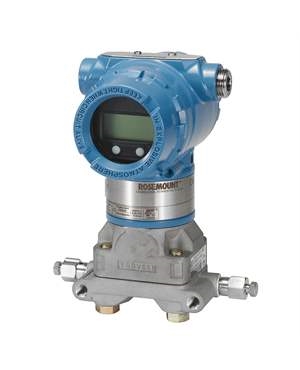Exploring Density and Viscosity Measurement in Industrial Processes
Brian Craig
January 18, 2024
In the intricate landscape of industrial processes, precision and control are paramount. Two fundamental properties that play a pivotal role in achieving this balance are density and viscosity. These physical characteristics hold the key to understanding and optimizing various processes across industries, ranging from chemical manufacturing and food production to oil refining and pharmaceuticals.
Density, a measure of mass per unit volume, and viscosity, the resistance of a fluid to flow, are critical parameters that influence product quality, process efficiency, and overall operational success. In this blog post, we embark on a journey to unravel the significance of density and viscosity measurement in industrial settings, exploring the underlying principles, measurement techniques, and their impact on process optimization.
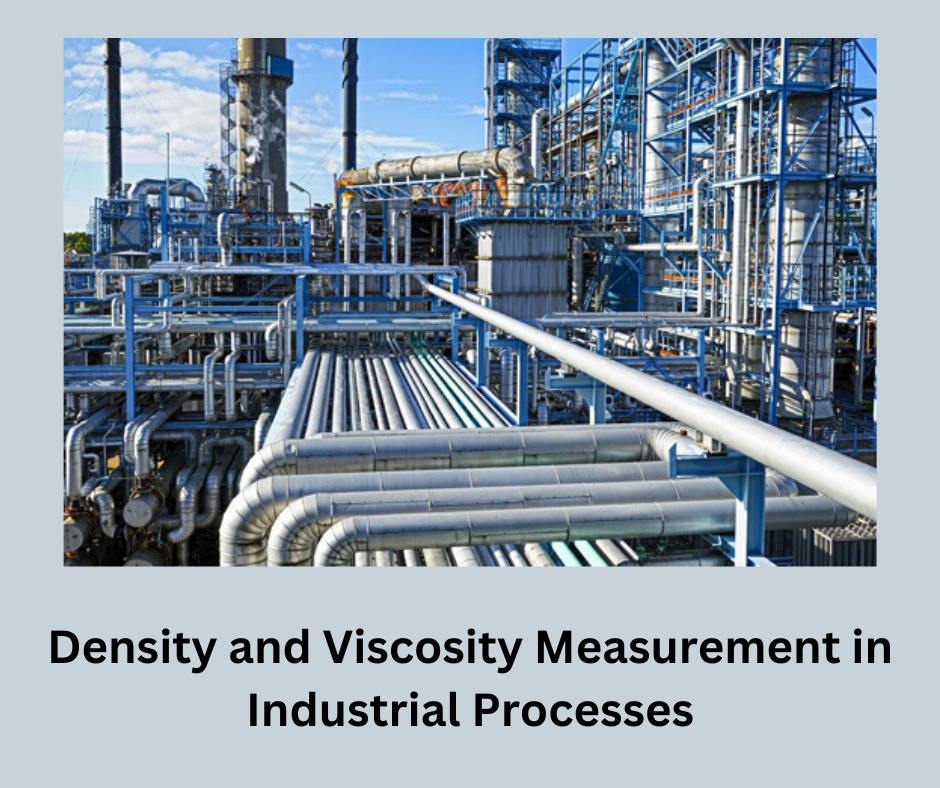
Importance of Density and Viscosity in Industrial Processes
- Efficiency Enhancement: Optimal density and viscosity control is crucial for achieving efficient fluid flow within industrial systems. Processes such as pumping, mixing, and transport are heavily dependent on the precise manipulation of these properties.
- Quality Assurance: In industries like food processing, maintaining specific densities and viscosities ensures the consistency and quality of the final products. Chemical and petrochemical sectors rely on accurate measurements to guarantee the desired chemical compositions and characteristics.
- Process Safety: Understanding density is vital for ensuring proper dosage of materials, preventing issues like overloading and spillage. Viscosity measurements are critical in assessing the lubricating capabilities of fluids, crucial for machinery performance and safety.
Role of Pressure Transmitters and Differential Pressure Transmitters
Amidst the complex landscape of industrial processes, pressure transmitters and differential pressure transmitters emerge as indispensable tools for gauging and controlling density and viscosity. These instruments bring precision and reliability to the measurement of these crucial parameters.
- Pressure Transmitters: These devices, adept at measuring the pressure of fluids at specific points in a process, provide a fundamental approach to indirectly assess density. By calibrating pressure transmitters appropriately, the density of a fluid can be inferred, allowing for accurate control of composition and concentration.
- Differential Pressure Transmitters: Differential pressure transmitters shine when it comes to viscosity measurement, employing the principles of Poiseuille's law. By gauging the pressure difference across an obstruction, such as an orifice plate, these transmitters enable the calculation of viscosity, essential for maintaining flow rates and ensuring equipment longevity.
Density Measurement Using Pressure Transmitters
Pressure transmitters play a crucial role in indirectly measuring the density of fluids within industrial processes. This is achieved through the principles of fluid statics, where the pressure at a specific depth in a fluid column is directly proportional to its density.
- Fluid Column Height: As the height of the fluid column increases, so does the pressure at the bottom of the column. This pressure is directly related to the weight of the fluid above that point, which, in turn, is proportional to the density of the fluid.
- Calibrated Relationship: Through careful calibration, pressure transmitters establish a relationship between the measured pressure and the actual density of the fluid. This calibrated relationship allows for the inference of density based on the pressure readings.
Importance of Accurate Calibration for Reliable Density Measurements
Accurate calibration is a linchpin for the reliability and precision of density measurements using pressure transmitters. Calibration establishes a clear and defined relationship between the pressure readings and the actual density of the fluid being measured.
Factors Impacting Calibration:
- Fluid Properties: Different fluids exhibit distinct behaviors, and their properties can impact the calibration process. Varying temperatures, viscosities, and compositions must be considered during calibration to ensure accuracy.
- Environmental Conditions: Changes in ambient temperature and pressure can influence the performance of pressure transmitters. Regular calibration, often factoring in environmental conditions, is necessary to maintain accuracy over time.
Viscosity Measurement Using Differential Pressure Transmitters
Differential pressure transmitters are instrumental in indirectly measuring viscosity based on Poiseuille's law, which describes the flow of a viscous fluid through a tube.
- Obstruction in Flow: A constriction, such as an orifice plate or a capillary tube, is introduced in the fluid flow path. This obstruction creates a pressure drop across the constriction.
- Flow Rate and Viscosity Relationship: According to Poiseuille's law, the flow rate of a fluid is directly proportional to the pressure drop and inversely proportional to viscosity. As viscosity increases, the flow rate decreases, leading to a higher pressure drop.
- Pressure Differential Measurement: Differential pressure transmitters measure the pressure difference across the constriction, providing data that correlates with the viscosity of the fluid.
Industries Where Viscosity and Density Measurement is Critical
Here are some common industries where viscosity and density measurement are crucial:
- Chemical Industry: Viscosity and density are key parameters in chemical reactions and formulation processes, ensuring accurate proportions and consistent product quality.
- Food and Beverage Industry: Viscosity and density control is vital in food production for achieving the desired texture and consistency in products such as sauces, beverages, and dairy items.
- Pharmaceutical Industry: Precise viscosity and density measurements are crucial in pharmaceutical manufacturing to ensure accurate drug formulations and dosage control.
- Paints and Coatings Industry: Controlling viscosity is essential in the production of paints and coatings to achieve the right thickness and consistency for proper application and adherence.
- Automotive Industry: Viscosity measurements are critical in the automotive industry for ensuring the proper lubrication of engine components, optimizing efficiency, and reducing wear.
- Oil and Gas Industry: Viscosity and density measurements are essential in the transportation of crude oil through pipelines, influencing flow rates and preventing operational issues.
- Water Treatment: In water treatment processes, viscosity and density measurements are used to optimize the dosing of treatment chemicals for effective purification.
As the marriage of science and industry, embodied by pressure and differential pressure transmitters, continues to drive operational excellence, paving the way for a future where accurate measurements navigate the fluid dynamics of industry seamlessly. The Transmitter Shop (TTS) is a distributor of superior quality remanufactured transmitters, gauges and control valves originally sourced from reputed brands such as Fisher Vee-Ball, Rosemount and so on. If you want to know more about our services please contact us via phone +1-888-964-8837, or via email at [email protected]
Related Posts
- What are the Steps Involved in Calibrating Pressure Gauge?
- All Important Questions on Reconditioned Transmitters Answered
- Is Remanufactured Transmitter a Better Option than a New One?
- Differential Pressure Transmitters: How Do They Help in Flow Measurements?
- 3 Whats that Explain How Often You Should Calibrate Pressure Transducer
- Guidelines for Troubleshooting Pressure Transducers
- Learn How to Calibrate a Pressure Transmitter – II
- Learn How to Calibrate a Pressure Transmitter
- Know Three Interesting Uses of Pressure Transmitters
- Things to Check before Buying a New Pressure Transmitter
- A Look at Various Types of Industrial Transmitters – Part II
- A Look at Various Types of Industrial Transmitters Part I
- All Questions on Smart Transmitters and their Calibration Answered
- 3 Major Pressure Transmitter Technologies That Made the Device Popular
- An Unconventional Guide to Selecting the Right Pressure Sensor
- Factors To Be Considered While Differentiating $40 and $400 Pressure Transmitters
- Tips to Augment the Performance and Service Life of Pressure Transmitter
- Factors of Consideration When Choosing Pressure Transmitters
- 5 Most Popular Pressure Transmitter Technologies
- Tips to Improve the Performance of Pressure Sensors
- Factors to Consider When Choosing a Pressure Transmitter Manifold
- Safety Tips for Differential Pressure Transmitter Operation
- Impact of Shock and Vibration on Pressure Transducer
- Rosemount 3051S vs 3051C Transmitter – What is Your Choice?
- Rosemount 2088 Vs Rosemount 3051 – A Few Points of Differences Discussed
- Difference in Conventional Transmitters and Smart Transmitters
- How to Choose Diaphragm Seals for Your Application?
- How to Select Pressure Transmitter for Your Application?
- Remote Seals: Significance, Working Principle & Applications
- How Do You Calibrate A Flow Transmitter?
- What is Absolute Pressure Transmitter & how does it work?
- HART Communication Protocol: Overview, Working Principle, Benefits in Industrial Automation
- Absolute and Gauge Pressure Transmitters - Overview and Working Principle
- Flow Meter vs Flow Transmitter: Know the Difference
- How Do You Test for 4 to 20mA Signal in a Pressure Transmitter?
- Multivariable Transmitter: What Is It and How Does It Work?
- Pressure Transmitters vs. Pressure Transducers: Learn the Differential Characteristics
- Procedure to Calculate Accuracy of Pressure Transmitter Discussed
- Testing Pressure Gauges: Processes of Verification Test and Functional Test
- An Ultimate Selection Guide for Flow Transmitters
- The Benefits and Challenges of HVAC System Balancing
- Fluid Flow Isolation Techniques for Pressure Instrumentation
- Understanding Pressure Ranges and Units for Fluid System Monitoring
- Understanding the Impact of Pressure Fluctuations on Drying Performance
- Monitoring and Controlling Energy Production in Power Plants
- Common Challenges in Air Flow Measurement and How to Overcome Them
- Pressure Monitoring in Pump Systems: A Comprehensive Guide
- Exploring Density and Viscosity Measurement in Industrial Processes
- Pneumatic Pressure Controllers: A Safe Choice for Hazardous Areas
- A Practical Guide to Vacuum Measurement and Operation
- Complete Hydrogen Gas Safety and Measurement Solutions
- Steam Boiler Drum Level Measurement A Comparison of Control System Technologies
- Furnace Flame Sensor Faults Everything You Need to Know for Safe Operation
- Comparison between Multi Valve Manifolds Block Valves and Bleed Valves
- Pneumatic Pressure Controllers: A Safe Choice for Hazardous Areas
- Furnace Flame Sensor Faults Everything You Need to Know for Safe Operation
- Pneumatic Pressure Controllers: A Safe Choice for Hazardous Areas
- How Can Greenhouse Gas Emissions Be Reduced?
- A Practical Guide to Vacuum Measurement and Operation
- Understanding Electrochemical Detection: Principles, Techniques and Environmental Application
QUICK ENQUIRY
